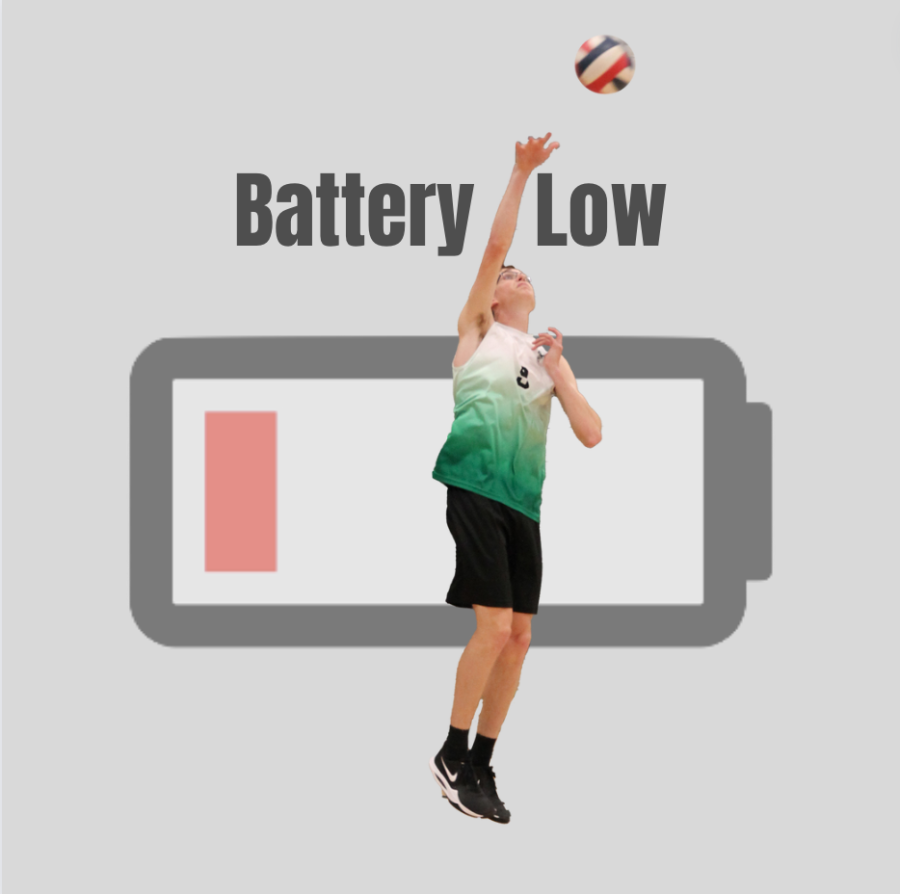Burning Out Before College: Student Athletes Hang It Up
Athletes struggle with burnout throughout their years in high school. These struggles can affect seniors’ life after graduation.
May 23, 2022
According to the Women’s Sports Foundation, athlete burnout is defined as physical/emotional exhaustion, sport devaluation, and reduced athletic accomplishment. Many high school athletes experience dreading going to practice and then feeling drained.
Athlete burnout is a common outcome from years of balancing sports with academics, socializing, and other extracurriculars.
The hassle of dealing with academics and decisions about the future takes a toll on seniors’ mental health. Some find themselves wondering, “Why do I continue to do an activity that detriments my mental health?”
If athletes focus too much of their time on one thing or another, they could potentially find themselves burning out from overall stress. This is true for some seniors at Pattonville.
Whether they decide not to continue because of burnout or other reasons, not continuing is a hard decision to make.
Academics are a major part of being a school athlete.
Senior Camryn Peebles was a member of the varsity drill team at Pattonville High School for three years. She has decided to attend Tennessee State University to major in nursing.
“I will not be continuing [dance] after high school because I’d like to experience college for what it is and have time to focus on my academics,” Peebles said.
Figuring out how to manage to keep grades up and get to practices takes time. When students go off to college, they also have to adjust to life on campus, so it can all seem like too much.
Some athletes experience burnout from putting a sport above everything else.
Loudin Cato, a senior at Pattonville, has been playing tennis for two years and volleyball for six years. He has decided to not play either sport in college.
“In my opinion what mostly can cause an athlete to burn out is if they take a sport too seriously as if it’s a way of life and not something for them to have fun or distract them from day to day life,” Cato said.
Sports are used as a getaway from life for most kids. When athletes make a sport their number one priority they potentially could lose their love or passion for that sport.
Finally, for some graduating seniors, burnout has nothing to do with not continuing a sport.
For some, like senior Justin Bowers, the reason is simply that their future college does not offer the team they are looking for.
Bowers has played volleyball since sixth grade on both a club and school volleyball team. He has decided not to continue playing because “My college, Mizzou, doesn’t have an NCAA or NAIA team, only a club, which I have little interest in doing in college.”
Whether or not athlete burnout is the reason for not continuing a sport, it can be a tough decision. Sports often affect what life after high school looks like for athletes. For whatever reason an athlete chooses to let go of a sport for, it can be hard to say goodbye.
Athlete burnout among high school seniors is common but not often talked about. Keeping a healthy balance between sports and academics is important though, and sometimes, the sport an athlete loves can take too much.


